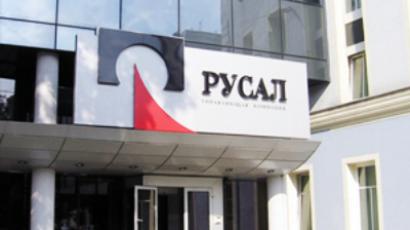PPP to become key part of development mix
Greater co-operation between the state and private investors is seen as one of the post-crisis scenarios. But the Russian government says public-private partnerships should focus on socially important projects.
Public private partnership – a world-wide practice – is relatively new for post Soviet Russia.It's softening the cost and the risk of investing in high-tech or industrial projects. But as the crisis has driven investments away from new sectors to more socially important ones, the government is considering fine-tuning the system according to Prime Minister Vladimir Putin.
“On average one Rouble of state support attracts three and a half to four Roubles. The performance of the investment fund is a catalyst of investment activity, and the business community seems to approve the fact the government is taking part and providing financing.”
Despite that, in 2009 alone 21 project worth over $1.7 billion dollars were launched in Russia. This industrial complex in Tula region has accumulated 5 large enterprises, including Proctor & Gamble and Knauf plants.
The creation of industrial clusters across Russia is seen as one path to post crisis development with complexes which are based on public private partnership, and the regions seeing manufacturing growth as well as energy and transport infrastructure.
The state Investment Fund will support projects of national importance and will help alleviate the tariffs burden. It may also subsidise loans.
“With budget restrictions and interest rates often unbearable for many projects based on public private partnership, the investment fund could subsidise interest rates for projects of this kind. Expenses of investors in these projects could be compensated through tariff charges, connection policy, and the resources of subjects of the Federation.”
Suggestions from the government have already been hailed by investors as tenders for a 100 more projects are now underway.













